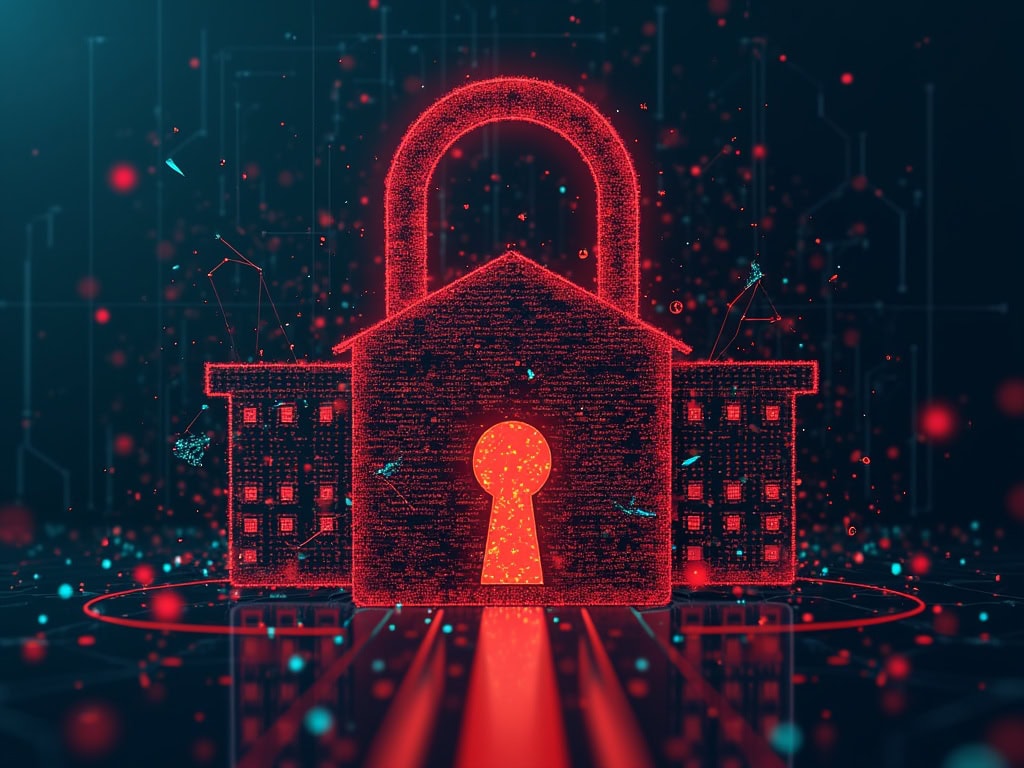PowerSchool Ransomware: Teachers Targeted in New Wave of Extortion After Data Breach

PowerSchool Ransomware Attack Escalates as Hackers Target Individual Teachers
The cybercriminals behind the massive PowerSchool data breach have begun individually extorting teachers, threatening to expose stolen personal information unless ransoms are paid. This latest development comes after the initial breach compromised data of over 60 million students and 9.5 million teachers. Organizations must prioritize cybersecurity measures to prevent similar attacks.
Despite PowerSchool's previous ransom payment intended to secure the deletion of stolen data, the cybercriminals retained the information and have now launched a new wave of extortion attempts targeting individual educators. According to CISA's ransomware guidance, such attacks have increased significantly in recent years.
Security Experts Warn Against Ransom Payments
Leading cybersecurity experts emphasize that paying ransoms often leads to continued exploitation. "The brutal truth is that cybercriminals recognize that if an organization has paid once, they're more likely to pay again," says Gareth Lindahl-Wise, Chief Information Security Officer at Ontinue.
Darren Guccione, CEO of Keeper Security, explains that ransom payments can be counterproductive: "Paying a ransom doesn't guarantee the cybercriminal's illicit activities will end. Cybercriminals often receive payment and subsequently leverage the stolen files to further monetize their value." Understanding how to respond effectively to ransomware attacks is crucial for organizations.
Recommended Protection Measures
Security leaders advocate for several key protective measures:
- Implementation of zero-trust security models
- Enforcement of phishing-resistant multi-factor authentication
- Use of strong, unique passwords stored in encrypted password managers
- Regular data backups and enhanced access controls
- Careful vetting of third-party vendors' security practices
Impact and Future Implications
Heath Renfrow, CISO at Fenix24, emphasizes that the PowerSchool case demonstrates why paying ransoms is "fraught with long-term consequences." The FBI consistently advises against ransom payments, noting there are no enforceable contracts in cybercrime. Understanding the importance of comprehensive cybersecurity measures remains critical for protecting sensitive data.
Educational institutions should review and strengthen their cybersecurity protocols, while organizations must develop comprehensive incident response plans before attacks occur. Individuals should implement strong password practices and enable multi-factor authentication on all accounts.
The PowerSchool incident serves as a crucial reminder that cybersecurity investments and preparedness are essential for protecting sensitive data in today's digital landscape.

